This page describes the manifesto and rules of 7 Circles.
- This website is educational and does not constitute financial advice (see the Disclaimer).
- There’s no personal guidance here, just the information and tools to allow the private individual to look after their own money by making their own decisions.
This is as much a reference site as a news site.
- One thing it isn’t is a sales pitch.
- We’re not trying to sell you the new hot idea.
- We’re interested in showing you (and discovering with you) things that are useful and work most or all of the time.
We don’t get paid by any financial firms to plug or review their products and services.
- The only bias on this site is our own.
Here are the basic rules which underlie the blog:
- The long-term goal of investment is the provision of a permanent income for life, underpinning a constant standard of living over an indefinite timescale (usually known as retirement). This is often referred to as financial independence. The goal is not to get rich quick.
- The medium-term goal of investment is wealth preservation. Any post-tax return above inflation and also above the risk-free rate (eg. 10-year government bonds) is a bonus. Again, the goal is not to get rich quick.
- Below-inflation returns (eg. typical after-tax returns on cash) cannot be tolerated for long periods. This leads to the conclusion that some degree of risk is essential to secure the growth necessary for success. Thus avoiding risk is the biggest risk of all. Investors with long time-horizons (twenty years plus) can take more risks; those closer to retirement need to be more careful.
- Asset allocation is the key determinant of portfolio return, not stock selection.
- Risk management is vital. In practice, no single investment should risk more than 2% of a portfolio, and exposure to eg. counter-party risk should be carefully monitored.
- Over long periods of time, annual running costs for a portfolio become an extremely important factor in returns.
- Taxation can be a significant factor in long-term returns. It is important to explore tax-efficient options, but the tax tail should not wag the investment dog.
- Buying an asset when it is objectively cheap gives the best chance of achieving good returns; thus valuation methods are important.
Alongside these rules comes a manifesto:
- We don’t know the future. Minimising the risk from this uncertainty will generally mean employing diverse approaches. One name for this is hedging. On this site, hedging means splitting money across all the available ideas which stand up to scrutiny. It doesn’t simply mean going short as well as long. If we can’t predict which of two things is most likely, we’ll put some money on both outcomes. Sitting back and doing nothing is not an option.
- We are retail DIY investors. We’ll talk about costs and minimum levels of investment a lot, and avoid specialist products as far as we can.
- It makes perfect sense to look after our own money – nobody else has the same stake in our financial future, and the products and tools available to the DIY investor have never been better.
- We can do as well as, or even beat the professionals. We can avoid as many advisor fees and commissions as possible; we can invest where and when we want, or not at all; we can be nimble; we can take the long view without worrying about quarterly performance against a peer group; we have an audience of one to please and we care more about the outcome.
- Doing well takes time and effort, and some money to begin with. We need some spare hours and some spare cash, and patience. We need to be cashflow-positive (see Circle number 2). We don’t borrow money to invest.


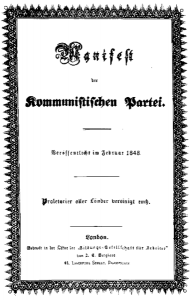
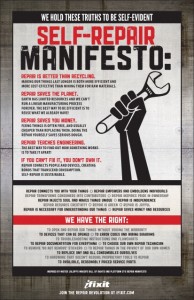







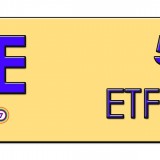







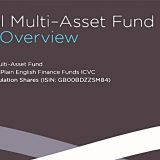
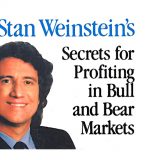























Excellent information and I will be looking at you Etf portfolio over the coming months for more inspiration.
I am a nervous beginner, but your rules make complete sense to me, thank you.
You might also want to take a look at The Plan: https://the7circles.uk/a-guide-for-the-uk-private-investor/the-plan-2/